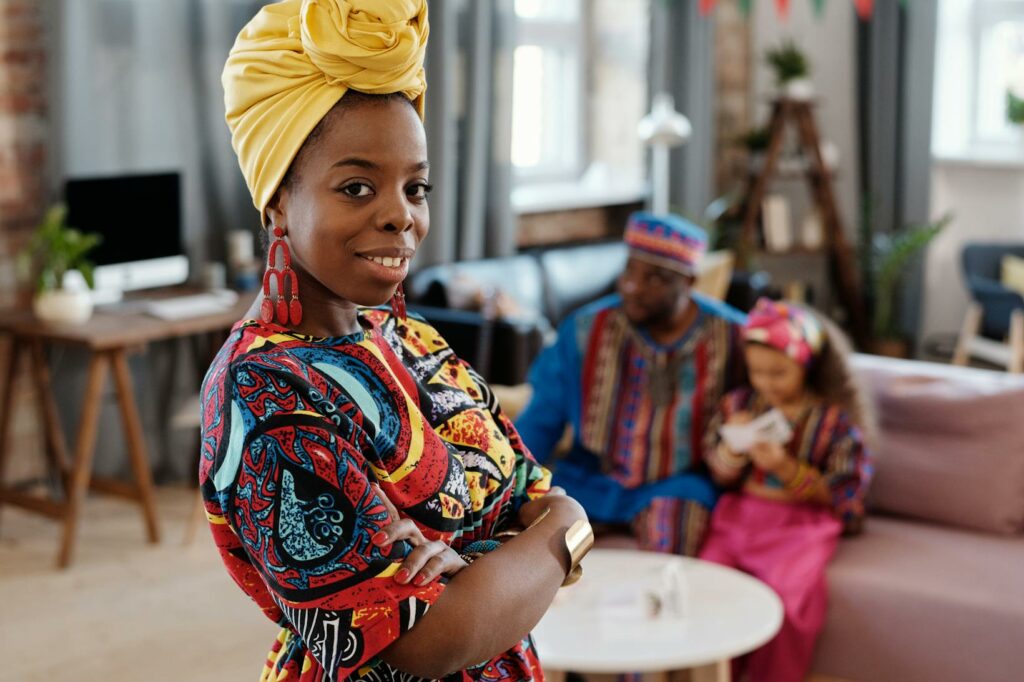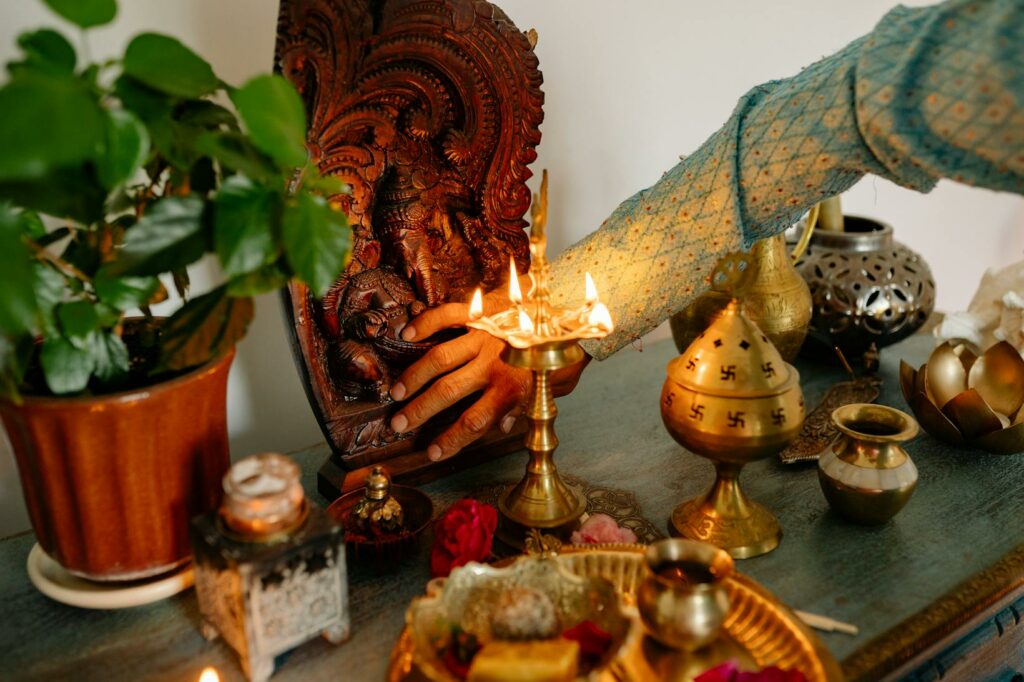A vibrant mosaic of color, rhythm, and heritage, South Africa’s culture is as diverse as its breathtaking landscapes. A land where tradition meets modernity, it’s a place that’s brimming with a rich tapestry of languages, cuisines, music, and art.
From the rhythmic beats of Zulu drums to the cosmopolitan vibe of Cape Town, South Africa’s cultural landscape is a dynamic blend of indigenous tribal, Dutch, British, and Asian influences. The country’s history, marked by both triumph and tribulation, has shaped a culture that’s both unique and captivating.
Culture Of South Africa
Delving deeper into South Africa’s culture, robust historical roots and an ethos of diversity emerge as distinct identifiers.
 Historical Influence on South African Culture
Historical Influence on South African Culture
The lens of history augments understanding South African culture. Touched by varied influences over centuries, it’s crafted a unique tapestry of traditions, social practices, and norms. Indigenous tribes such as the Zulu, Sotho and Xhosa first shaped this cultural formation. Subsequently, foreign influences from British and Dutch colonialism, and Asian indentured laborers from India and Malaysia, wove into this societal fabric. For instance, the insertion of Euro-centric education patterns during colonization, that are still prevalent, demonstrates these enduring influences. Correspondingly, historical events like apartheid caused lasting socio-cultural impact, orchestrating societal structures and behavioral patterns seen today.
Diversity and Uniqueness
South Africa, coined as the ‘Rainbow Nation’ by Archbishop Desmond Tutu, encapsulates diversity like a skillfully painted canvas. It’s composed of more than 50 million people and a staggering array of 11 official languages. Xhosa and Zulu folk tales, Afrikaans literature, English media dominance, all co-exist and illuminate the cultural rainbow. Unsurprisingly, this ethno-linguistic diversity permeates cuisine, lifestyle, and art. Examples range from the meaty Zulu dish ‘Shisa nyama’ to the spicy Cape Malay ‘biryani’. In arts, the vibrancy embodies itself through the Ndebele Tribe’s symbolic murals or the rhythmic Zulu ‘Indlamu’ dance. This is South Africa’s strife towards unity despite diversity, making their culture intriguingly unique.
Traditional South African Art and Symbols
In South Africa, traditional art and symbols hold prominent value. Being a testament to the country’s rich cultural diversity, they provide an insight into the rites, traditions, and beliefs of its different communities.
Importance of Beads and Masks
Beads and masks play vital roles in South Africa’s traditional art. Beading, extensively practiced by tribes like Zulu and Xhosa, serves as a form of communication. The color, pattern, and style of beads typically symbolize an individual’s marital status, age, or social standing. For instance, layered bead necklaces, predominantly worn by married women, denote their marital status. Masks, on the other hand, are integral to ceremonial performances and rites of passage. They often characterize ancestral spirits, and the intricate designs and patterns carved onto each mask illustrate unique cultural narratives.
Ancient and Contemporary South African Art
From ancient rock art to dynamic street murals, South African art encapsulates a broad spectrum. Ancient art, primarily found in caves, reflects the spiritual beliefs and lifestyles of early hunter-gatherers, depicting animals, hunting scenes, and trance dances. The contemporary art scene, influenced by political history, particularly apartheid, emphasizes social issues through various media. Artists such as Mary Sibande and William Kentridge have gained international acclaim for their thought-provoking art, involving installations, photography, and sculptures, underscoring the resilience and creativity at the heart of South Africa’s culture.
South Africa’s culture is a vibrant tapestry, woven with threads of history, diversity, and resilience. It’s a ‘Rainbow Nation’ that proudly showcases its multicultural heritage through language, music, dance, and cuisine. From the traditional beads and masks to the pulsating rhythms of internationally acclaimed musicians, South African culture is a profound narrative of its people. The nation’s cuisine, a delicious fusion of African, European, and Indian influences, serves as a testament to its diverse roots. South Africa’s cultural influence extends beyond its borders, impacting the global stage through arts, sports, and its model of peaceful transition from apartheid. As technology and globalization continue to shape the world, South Africa’s culture adapts, blending tradition with innovation. In this ever-evolving cultural landscape, South Africa promises a future as rich and diverse as its past.



